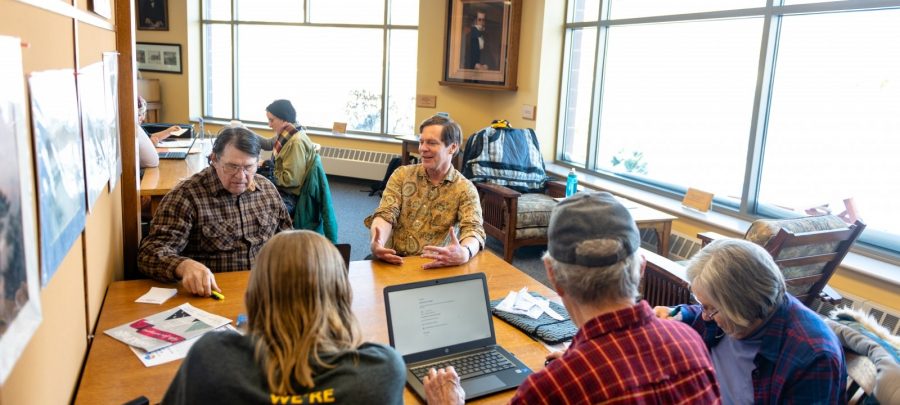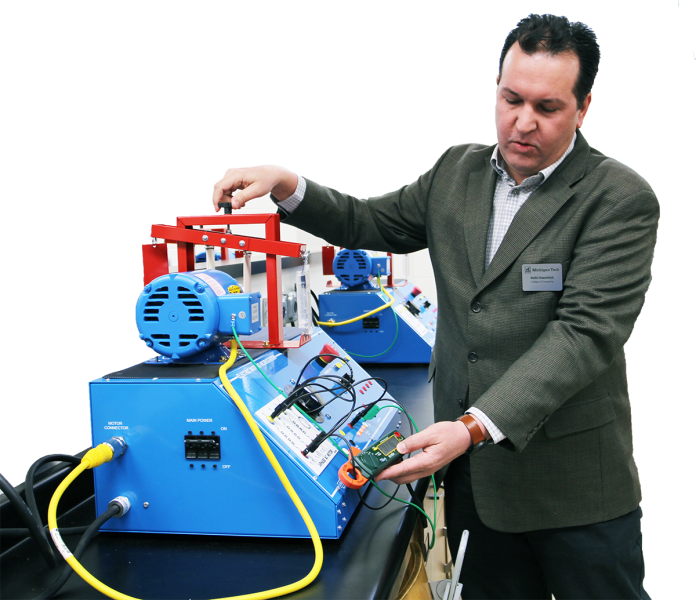
Associate Professor Charles Wallace, Computer Science, was quoted in the story “Older adults struggle to access COVID-19 vaccine appointment websites,” in a January 12, 2021, article in The Verge.


You are invited to spend one-zero-one-zero—that is, 10 minutes—with Dr. Charles Wallace on Wednesday, December 9, from 5:30 to 5:40 p.m.
Wallace is associate dean for curriculum and instruction and associate professor of computer science in the College of Computing at Michigan Tech. Wallace is a researcher with the ICC’s Human-Centered Computing and Computing Education research groups.
In his informal discussion, Dr. Wallace will talk about computing at Michigan Tech, his research on how humans can better understand, build, and use software, and answer your questions.
We look forward to spending 1010 minutes with you!

Next week, on Wednesday, December 15, at 5:30 p.m., Assistant Professor Dr. Nathir Rawashdeh, Applied Computing, will present his current research work, including his use of artificial intelligence for autonomous driving on snow covered roads, and a mobile robot using ultraviolet light to disinfect indoor spaces.
Did you miss 1010 with Chuck Wallace on December 9? Watch the video below.
David Watkins (CEE/SFI) is the principal investigator on a project that has received a $190,764 research and development grant from the National Science Foundation (NSF).
The project is titled “RAPID: COVID-19, Consumption, and Multi-dimensional Analysis of Risk (C-CAR)“. Chelsea Schelly (SS/SFI), Robert Handler (ChE/SFI) and Charles Wallace (CS/SFI) are co-PIs on this one-year project.
Extract
The COVID-19 pandemic has transformed household dynamics and dramatically changed food, energy, and water consumption within the home. Stay-at-home orders and social distancing has caused U.S. households to shift to working and schooling from home, curtail outside activities, and stop eating in restaurants. Furthermore, as many households face job loss and increasing home utility and grocery bills, U.S. residents are experiencing the economic impacts of the crisis, while at the same time assessing and responding to health risks. The project team has a unique opportunity to study these shifting household consumption and behavioral responses and quantify the associated economic and environmental impacts. The team will collect household food, energy, and water consumption data as well as survey response data from 180 participating households in one Midwestern county and compare it to data collected before the stay-at-home orders were put in place.